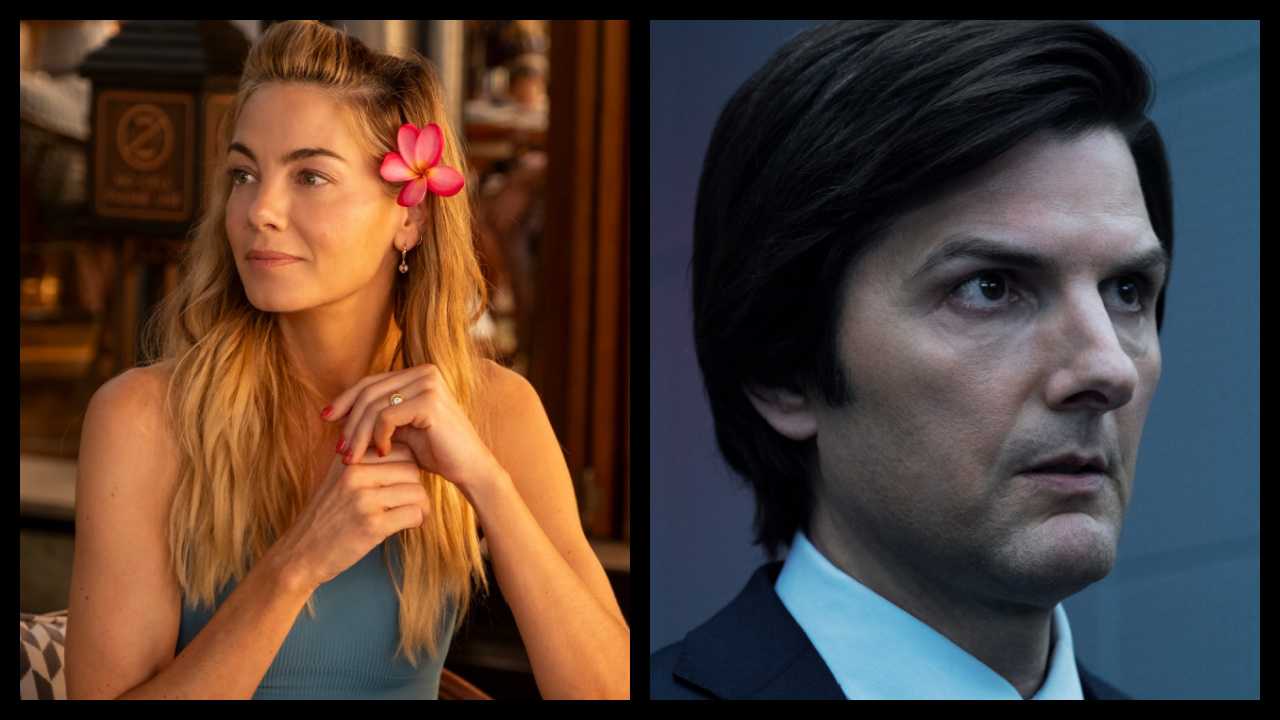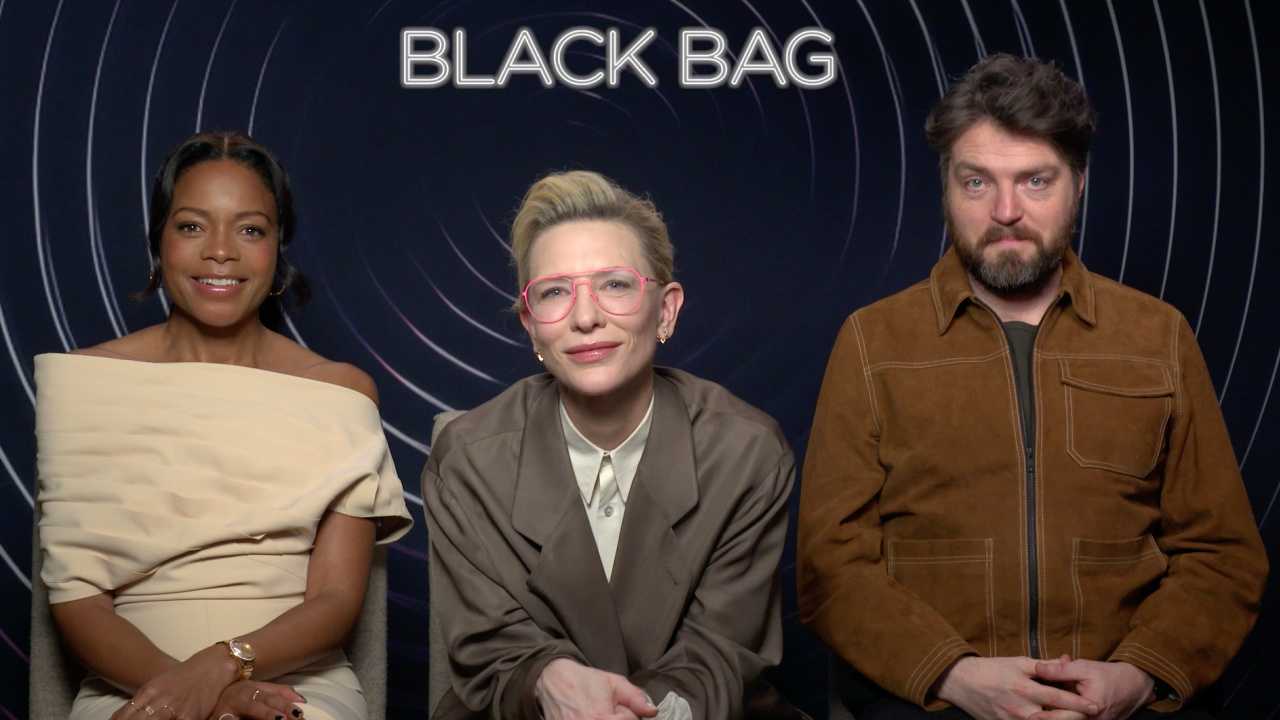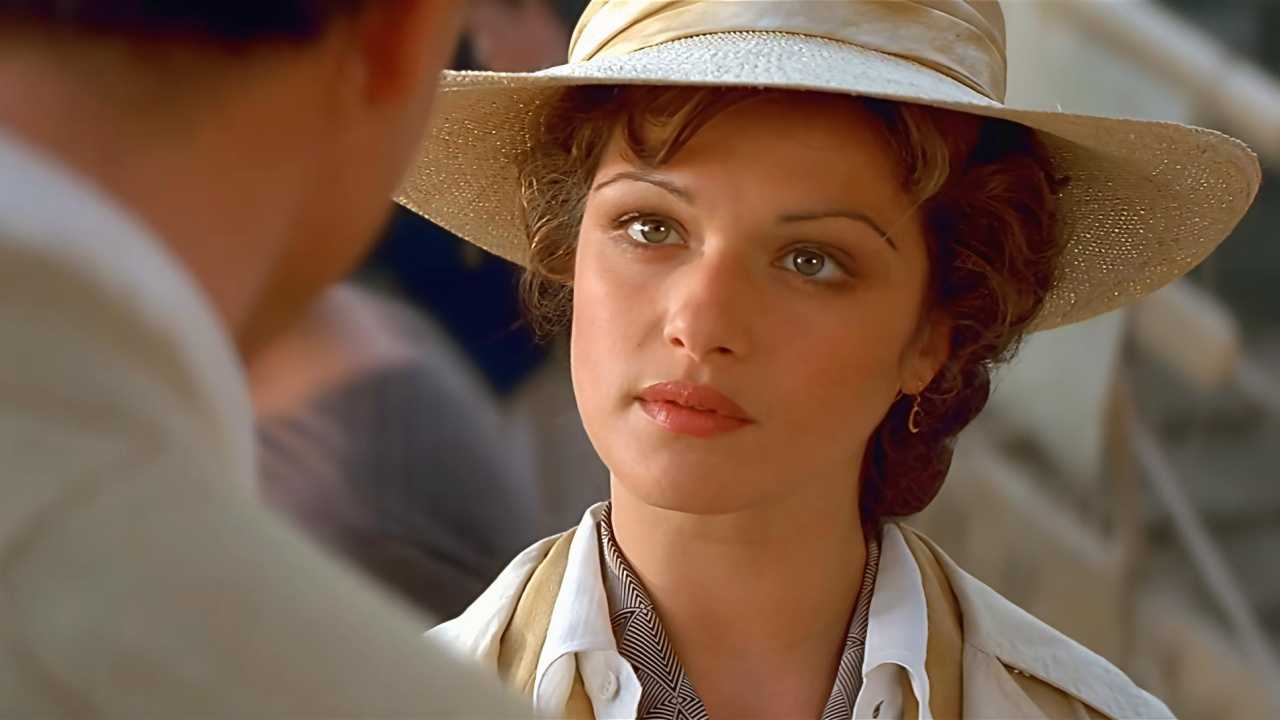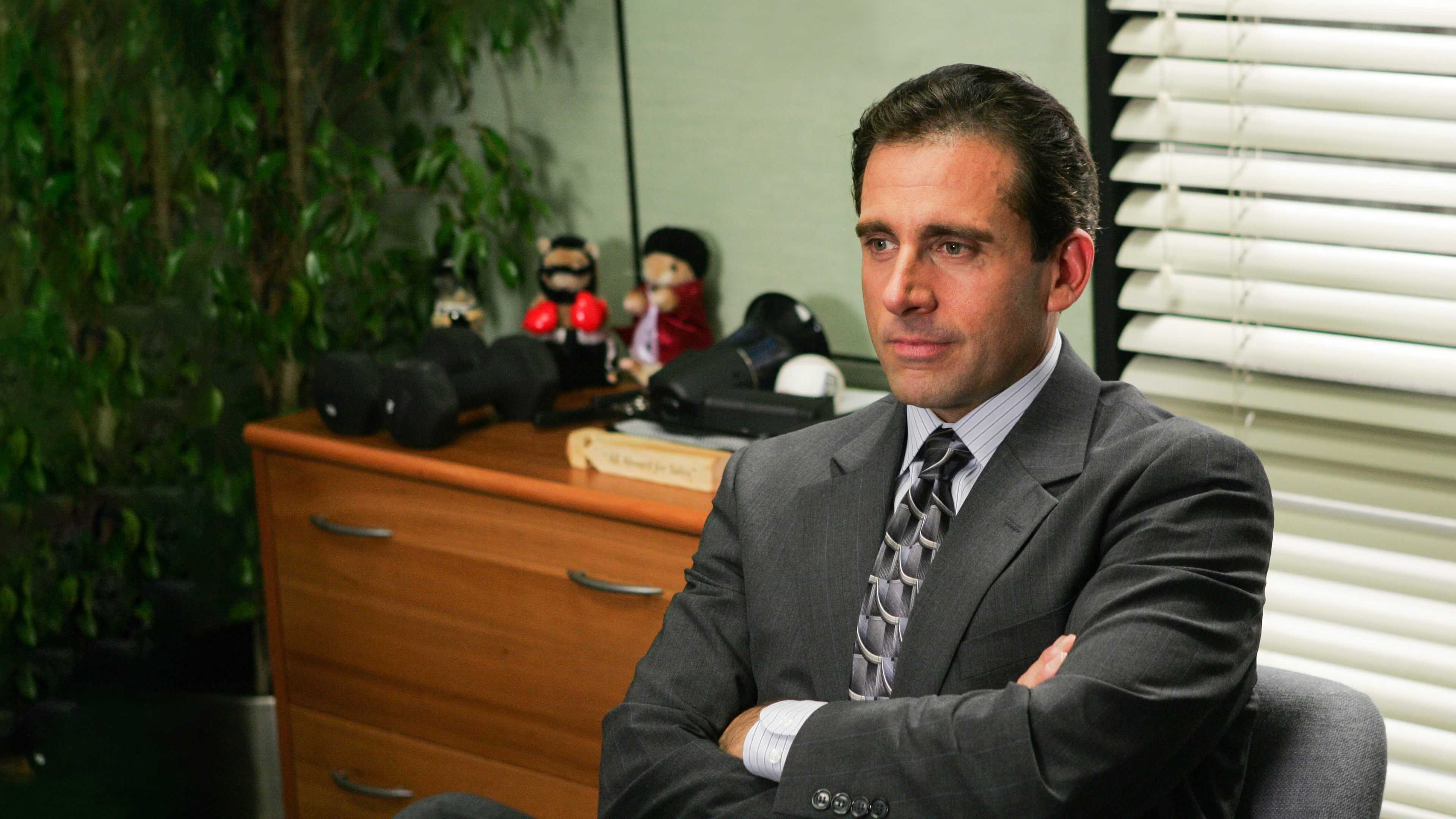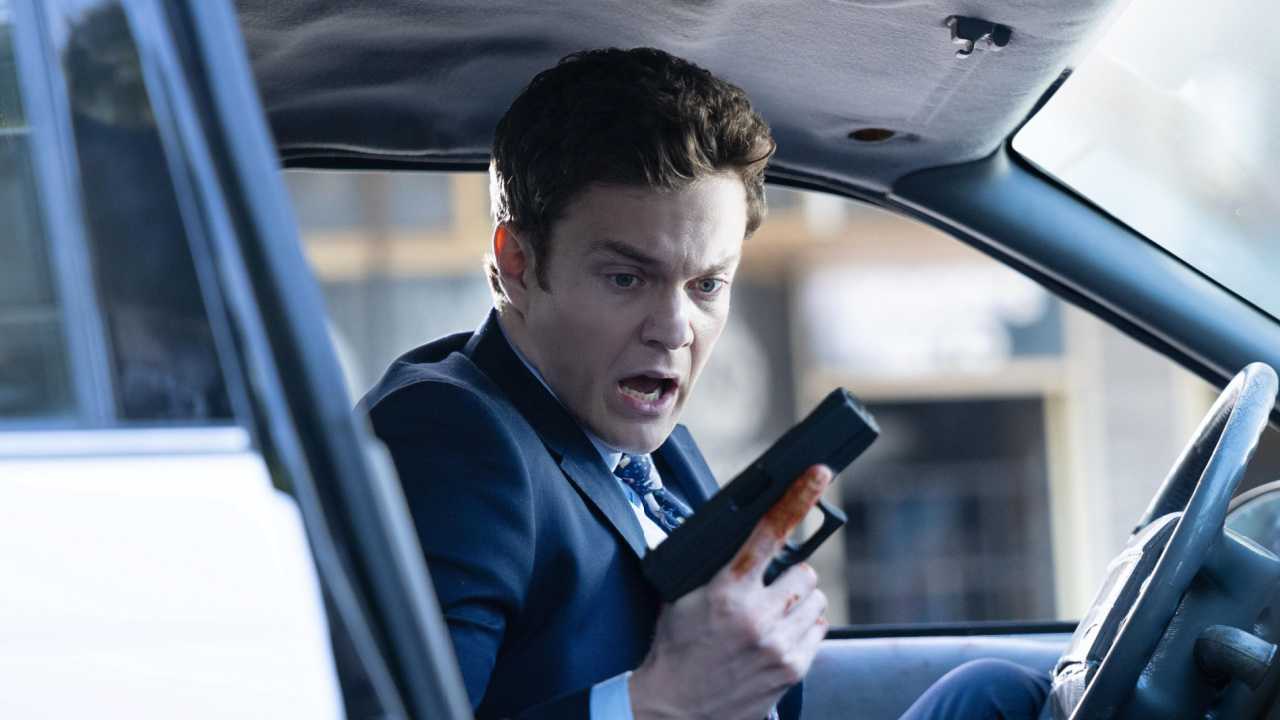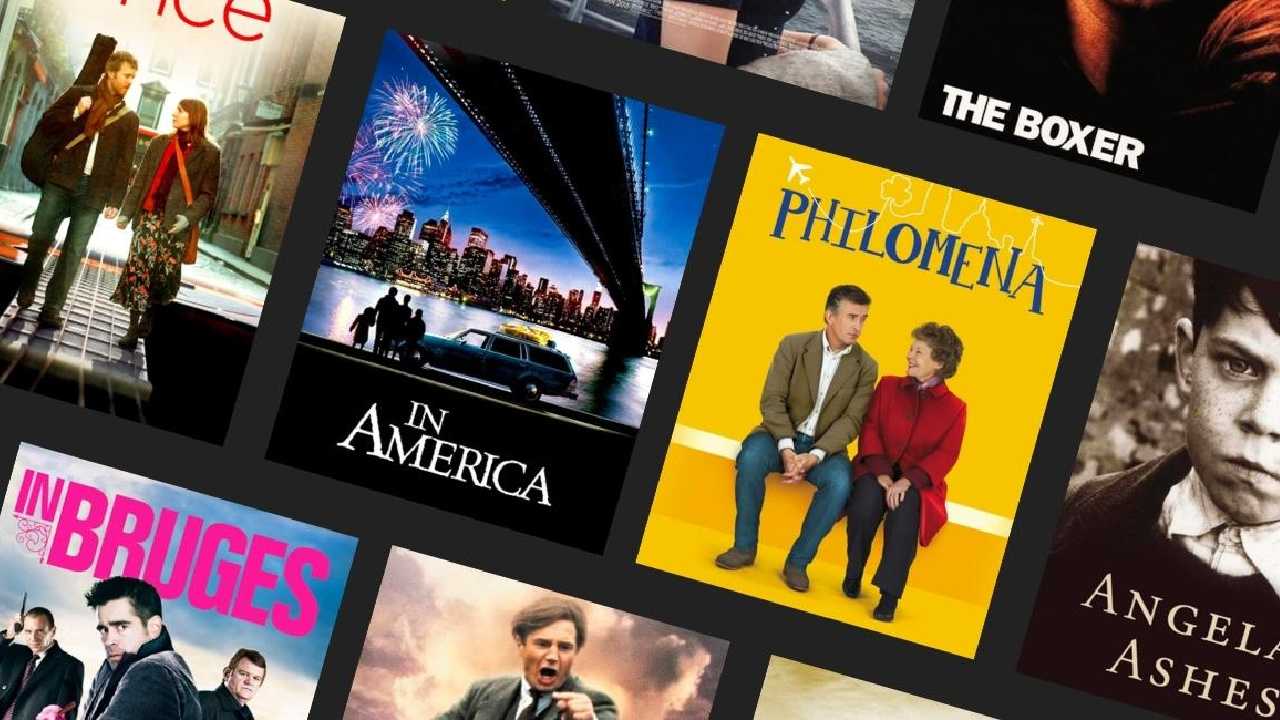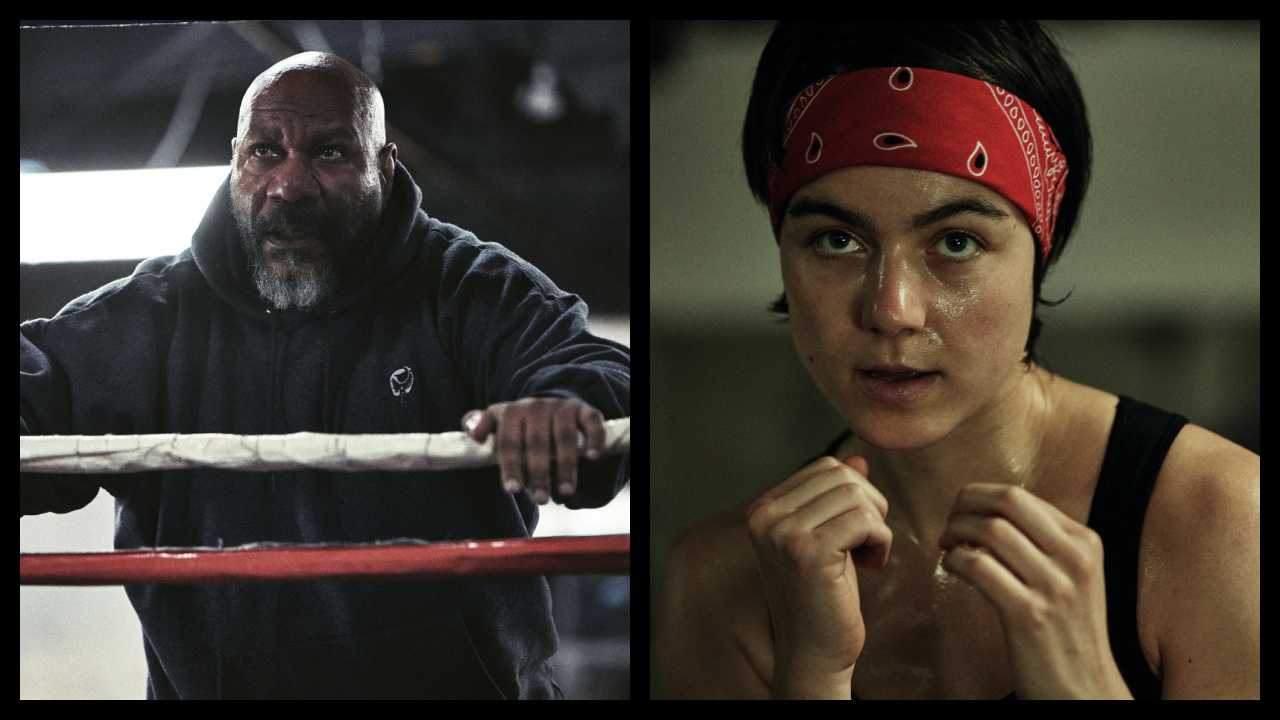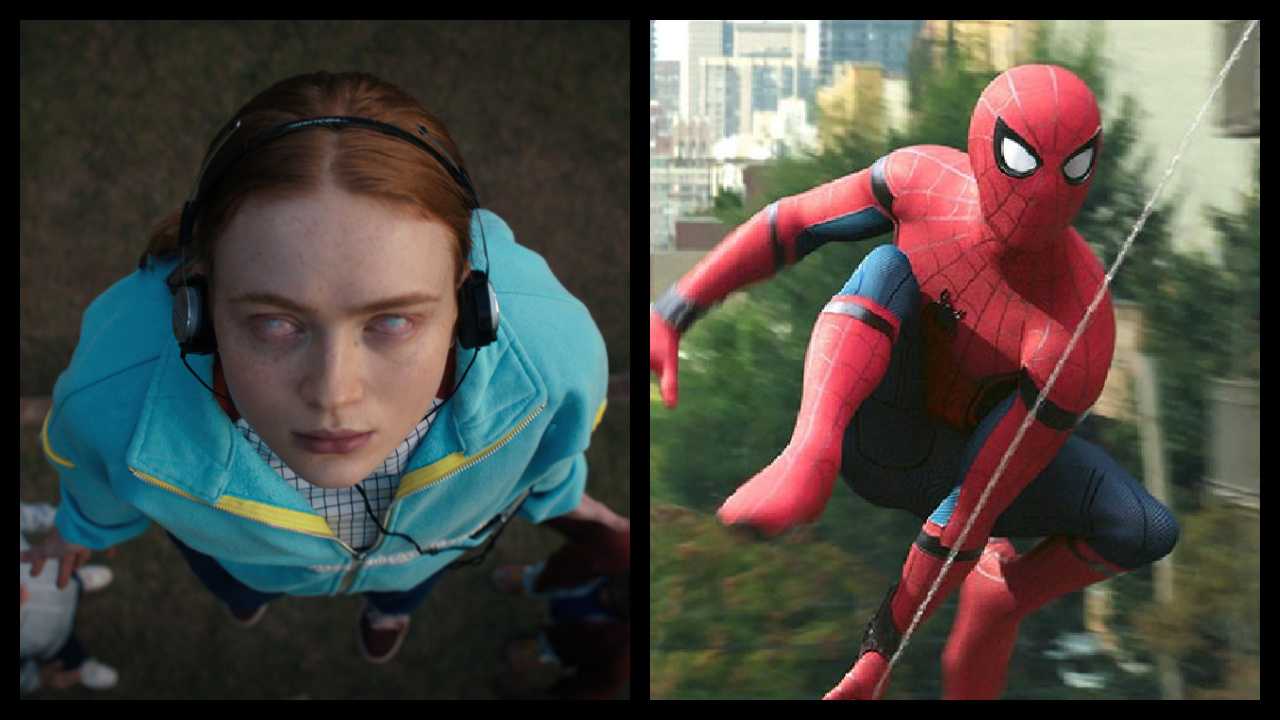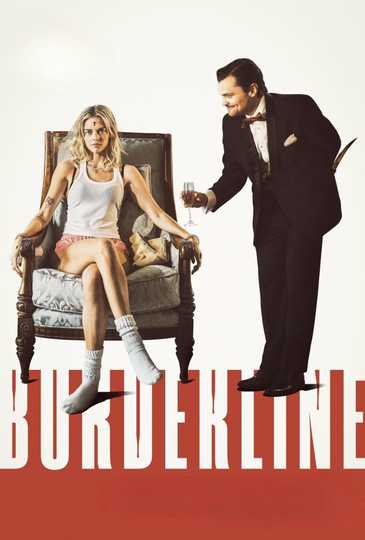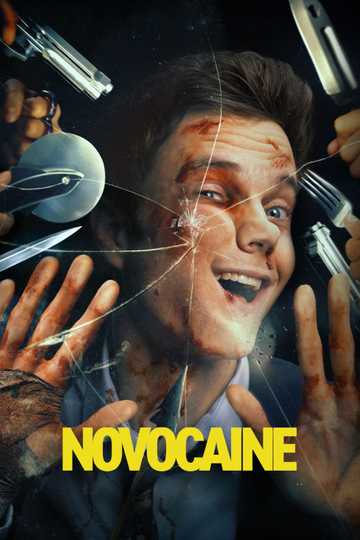6 Reasons Why 'King Arthur' Bombed at the Box Office
While "Guardians of the Galaxy Vol. 2" was a lock to repeat at No. 1 on the box office chart this weekend, "King Arthur: Legend of the Sword" was still expected to take the second-place crown -- just barely.
While people knew "King Arthur" wouldn't do great business, few expected it to do this bad. Warner Bros. had hoped their big-budget action epic -- plagued with four release date changes and costly reshoots -- would hit somewhere in the $20 to $25 million range. Instead, it eked out an estimated $14.7 million.
This weekend's other wide release, raunchy mother-daughter comedy "Snatched," opened with an underwhelming (but decent) $17.5 million. For a movie that cost a reported $175 million to make -- and was supposed to launch a series of six movies about the ruler of Camelot -- it's opening is far from promising. Here are six reasons why "King Arthur" became 2017's first major flop:
1. No One Wanted This Movie
You'd think a familiar, public-domain property like King Arthur would be an easy sell. And yet, since 1980, there have been about half a dozen attempts to reboot Arthur's legend on the big screen, and only 1981's "Excalibur" was a sizable hit. Then again, familiarity could be the problem; besides the theatrical films, there have been many TV Arthurs, few of them memorable. Why spend money to go see yet another Arthur pull that sword out of the stone? And the marketing didn't show audiences anything they haven't seen before, or couldn't see again if they stayed home and watched "Game of Thrones" instead.
2. Guy Ritchie = Style Over Substance
Sure, Guy Ritchie successfully put his modern-London-street-thug spin on "Sherlock Holmes" and made a fortune with that reboot. But he also lost a fortune on his adaptation of 1960s TV spy series "The Man From U.N.C.L.E." -- like "King Arthur," another big-budget reboot that no one asked for.
Let's face it, Ritchie is an acquired taste, with a hit-and-miss résumé (maybe Warner Bros. has forgotten that he directed "Swept Away," but critics and connoisseurs of laughably awful movies haven't). Is he really the guy you want to risk a $175 million budget and a potential new franchise on? (If we were Disney, we'd be worried about our live-action remake of "Aladdin," to be directed by Ritchie.)
3. Charlie Hunnam Is Not a Movie Star
Hollywood has spent a decade and a half trying to make an A-list leading man out of Charlie Hunnam, with little success so far.
Even with all the positive buzz he's received for his other current starring role, in indie adventure "Sons of Anarchy" than for his movies. He's certainly no Robert Downey Jr., who deserves much of the credit for the box office success of Ritchie's "Sherlock Holmes" movies.
Maybe Amy Schumer isn't a proven box office draw either, but then, "Snatched" is only her second lead role. Still, her first, 2015's "Trainwreck," opened with $30.6 million. Her co-star, Goldie Hawn, hasn't made a movie in 15 years, but she did score several big hits in the 1980s and '90s, and she still has a lot of residual goodwill from her half-century as a comic leading woman.
4. The Studio
Warner Bros. desperately wants to be in the blockbuster franchise business, to the near exclusion of all other kinds of movies.
It has the DC superhero films, the "LEGO" movies, and the recently revived Harry Potter universe movies (relaunched last fall with "Fantastic Beasts and Where to Find Them"), but not much else. That's why it gambled so much in recent years on potential franchise launchers like "Pan," "U.N.C.L.E.", "The Legend of Tarzan," and now "King Arthur."
Unfortunately, "King Arthur" also bears the fingerprints of a lot of desperate studio tinkering. Over the past eight years, Warners had several competing Arthur projects in development until Ritchie's won out. Since then, Warners has changed the title of his film once, changed the release date four times (it was initially supposed to come out last July, when it would have been clobbered by the likes of "Star Trek Beyond" and even "Ghostbusters"), and scrapped a planned IMAX version.
Releasing "King Arthur" in the shadow of "Guardians" may not have been the wisest move either, but at least the film will have all summer to try to recoup its budget. And at least the studio didn't further signal its ambivalence about the film by dumping it in August.
5. Bad Reviews, Worse Buzz
Still, critics' knowledge of the movie's troubled production history may have colored their reviews and may be part of the reason why "King Arthur" scored a dismal 27 percent at Rotten Tomatoes. Not that "Snatched" did much better (just 36 percent).
Nonetheless, to the extent that the R-rated "Snatched" targeted an older audience that still reads criticism, the fact that it was the better reviewed of this weekend's two new wide releases gave it a slight edge over "King Arthur."
6. The Genre
Just as there have already been a lot of male-oriented action movies this year and only a handful of women-powered releases, there have also been very few live action comedies in wide release so far in 2017. "Snatched" is only the fifth. Multiplex audiences looking for laughs who want something more mature than "The Boss Baby" (and maybe a little less mature than "Going in Style") currently have just "Snatched" and "How to Be a Latin Lover" to choose from. "Latin Lover," however, is three weeks old and is playing in only a third as many theaters as "Snatched."
For all its weaknesses, "Legend of the Sword" could still end up with a small victory thanks to overseas audiences. After all, comedies don't translate well (which is why "Snatched" has earned just an estimated $3.2 million abroad), but action movies do.
Looking back on other Round Table movies, the Warners accountants must have noticed this about the most recent one, the 2004 "King Arthur" that starred Clive Owen: while it earned just $51.9 million here, it earned $151.7 million abroad.
In fact, "Legend of the Sword" is also doing much better in foreign markets than it is in America, having earned an estimated $29.1 million overseas. Of course, there's still a long uphill climb to profitability from that $43.8 million global total so far. If foreign audiences respond to "Legend of the Sword" the way they did to the 2004 "King Arthur" -- or, for that matter, the way they did to "Legend of Tarzan," which earned $230.1 million abroad -- Hunnam's Arthur may not have bombed in vein.
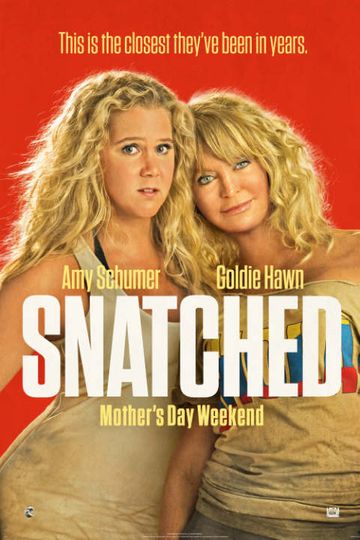
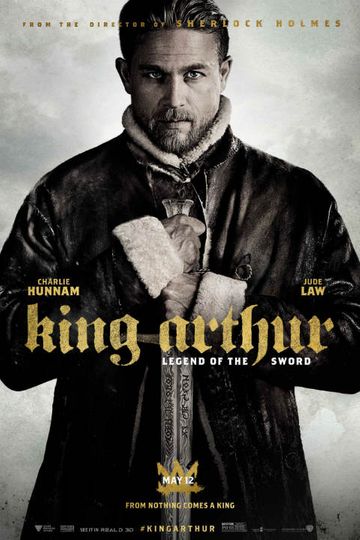
King Arthur: Legend of the Sword



